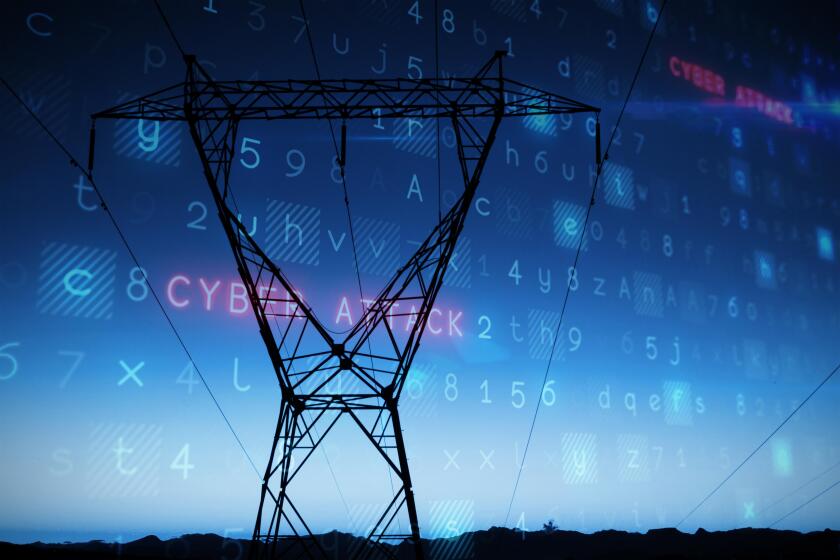
The project title is “A Clean Energy and Rural Electric Industry-focused University Cyber-Physical Security Center” and was chosen for the grant by DOE’s Office of Cybersecurity, Energy Security, and Emergency Response (CESER).
Stephen Bayne, department chair for Tech’s Department of Electrical and Computer Engineering in the Edward E. Whitacre Jr. College of Engineering, will lead the project.
“Congratulations to Dr. Bayne and his team,” said Roland Faller, dean of Whitacre College of Engineering, in a statement. “I am particularly proud that the research leadership and collaborative spirit of our great faculty, staff and students are increasingly recognized by the federal government.”
Tech’s center will partner with energy sector owners and operators, vendors and DOE National Laboratories to conduct cybersecurity research and develop cybersecurity training.
“This research project is an outstanding opportunity for Texas Tech researchers and students to work in the area of cyber-physical security for the electrical power grid,” Bayne said.
“Cyber-physical attacks are a growing concern for national security. This project will help train the next generation of energy professionals, which is critically needed for the cyber-physical resiliency of the electrical power grid.”
Six institutes of higher education received a part of $15 million total in DOE grant monies to address rural electric cyber readiness.







